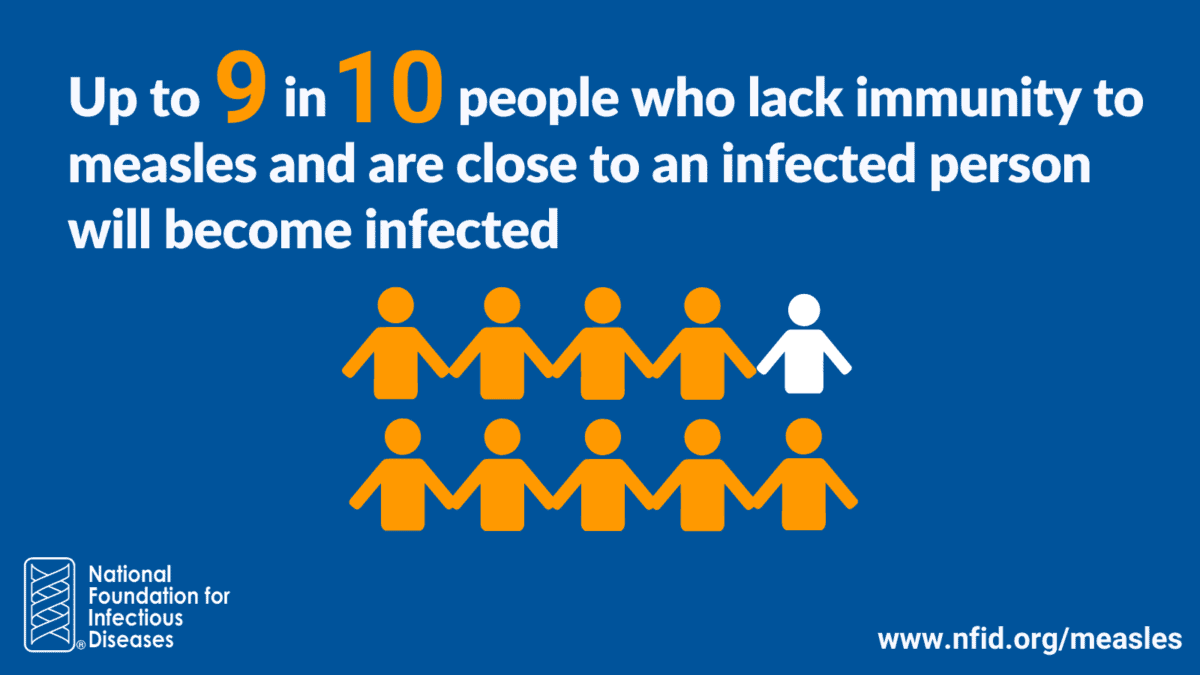Jackson Heights at Risk for Measles
- Category: Health & Wellness, Diseases and Conditions, Vaccinations, Primary Care
- Posted On:
- Written By: Apicha Community Health Center
The measles has started to spread in the United States within the last couple of months. Most cases have been found in Florida, but due to nationwide travel, New York is always a vulnerable population, especially in New York City.
The Centers for Disease Control and Prevention (CDC) and New York City Department of Health (NYDOH) can confirm that the virus is as close as neighboring states like New Jersey and Pennsylvania, and with interstate commuters traveling across the metropolitan area for work, exposure to the illness is very probable for anyone living within the 5 boroughs.
Many New York City neighborhoods, like Jackson Heights, are large hubs for migrants. Jackson Heights is home to a population of at least 64% who are foreign-born. People who have traveled throughout the country, and even the world, who are living together in close quarters, making the community susceptible to contracting illnesses and viruses.
Patients who received both doses of the vaccine under the age of 18 should speak to their medical provider to determine if they require an additional booster shot, especially if you are considering upcoming travel plans. If you are not sure whether you have been vaccinated, it is safe to get another measles vaccine.
Children are especially susceptible to contracting the virus. Prior to domestic or international traveling, children under 12 months old should be vaccinated with at least one dose of the vaccine- MMR (Measles, Mumps and Rubella). Additionally, children older than 12 months old should be vaccinated with a minimum of two doses of the MMR vaccine. This is also a citywide requirement for all school-age children.
How does Measles spread?
Measles is a highly contractable illness. The virus is airborne and is passed through coughs, sneezes, or talking. The virus lives in the infected droplets put into the air and can stay on surfaces for hours. A person can interact with this air or surface and infect themselves by touching their eyes, nose, or mouth. It is important to frequently wash your hands and wipe down surfaces, especially in high traffic areas. Do not sneeze into your hands and wash your hands after blowing your nose. Do not touch your eyes, to put in contacts for example, without thoroughly washing your hands first. If you find yourself having finger-food at mealtimes, be sure to wash your hands before eating.
What are the symptoms of Measles?
A likely symptom of Measles is a rash. Someone who is infected may not develop a rash up to two weeks after exposure. Although, keep in mind someone with the infection can spread the disease 4 days before and after the development (if any) of a rash. Other symptoms include cough, runny nose, eye irritation, fever, and for children, a loss of appetite, diarrhea, and sensitivity to any light.
What do I do if I get Measles?
There is no official treatment that exists, only the management of symptoms, that is why we stress prevention. Symptoms are likely to be improved by taking over-the-counter pain relievers and fever reducers, such as Tylenol, an intake of fluids, sufficient sleep, and briefly switching to the BRAT (bananas, rice, applesauce, and toast) diet for an upset stomach or loss of appetite.

